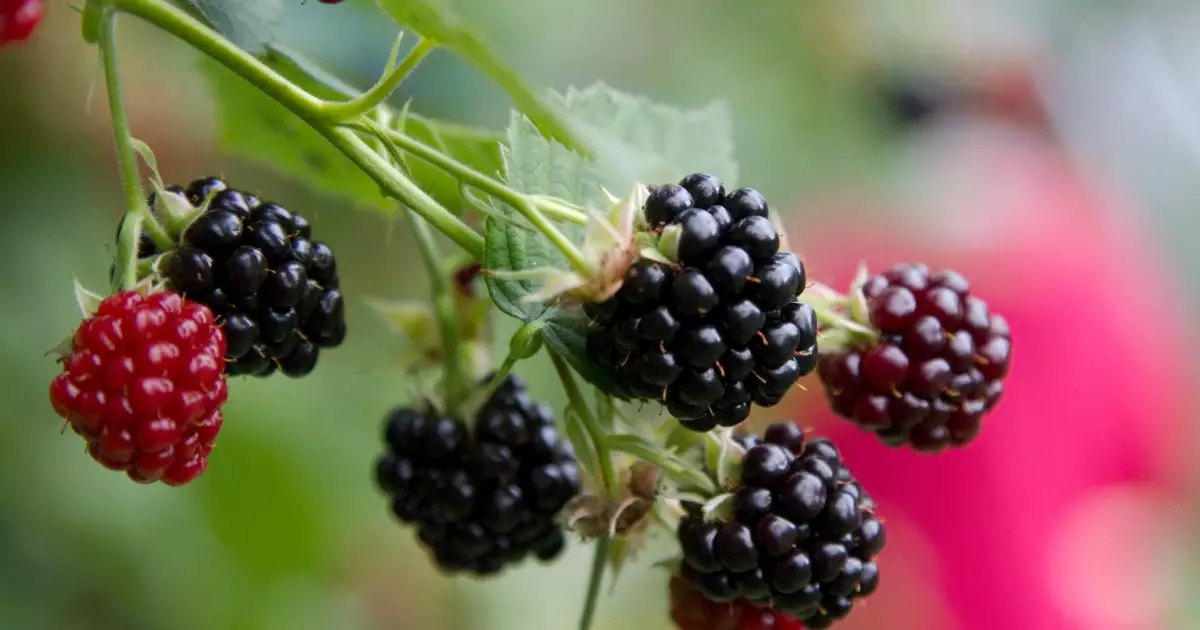Blackberries are not just a juicy and flavorful snack; they offer various health benefits that can be advantageous for our canine companions, too. While it’s essential to recognize that dogs produce their own Vitamin C, making them immune to the need for this nutrient from external sources, blackberries still contain impressive attributes such as fiber, manganese, and vitamin K. These components can support your dog’s digestive health, promote a robust immune system, and help maintain healthy bones. The low-calorie count and minimal fat content make blackberries an appealing option for those pet parents who want to incorporate healthy treats into their dog’s diet.
Moderation is Key: Guidelines for Feeding Blackberries
As with any treat, moderation is crucial when feeding blackberries to dogs. Vets generally recommend that sugary foods, including fruits, shouldn’t exceed 10% of a dog’s daily caloric intake. This guideline helps ensure that dogs maintain a balanced diet while enjoying the occasional sweet indulgence. It’s equally important to consult a veterinarian before making dietary adjustments, as some dogs may have specific health conditions that limit their ability to handle certain foods, including fruits.
Understanding Risks: What to Watch Out For
While blackberries are mostly safe for canine consumption, they aren’t entirely devoid of risks. One notable concern is xylitol—a sugar substitute found in trace amounts in blackberries. Though a few berries are unlikely to cause harm, large quantities could be problematic. It’s crucial to keep an eye on your dog’s total intake of any new treats to prevent any adverse effects. Furthermore, dogs with diabetes should avoid these sugary snacks altogether due to the potential impact on blood sugar levels. On another note, store-bought jams and berry-flavored treats often come loaded with sugars and additives that can be harmful to dogs, thus best kept off the shopping list.
Foraging Caution: The Dangers of Wild Blackberries
If you have access to wild blackberry bushes, the allure of letting your dog snack straight from nature can be tempting. However, this practice is fraught with hazards. Many public shrubs may be treated with pesticides, which pose significant health risks to dogs. Consuming contaminated berries can lead to severe health issues ranging from gastrointestinal disturbances to long-term organ damage. For these reasons, it’s safer to purchase organic blackberries from a trustworthy source or cultivate your own to ensure your pup’s safety.
Creative Serving Suggestions
Once you have fresh, pesticide-free blackberries, the possibilities for serving them are endless. Crushing a few blackberries into a puree can make a flavorful addition to homemade dog treats or serve as a tasty topping for kibble (always ensuring added sugar is kept to a minimum). Alternatively, freezing the berries and using them as a cool snack during hot days can provide hydration and refreshment for your furry friend. From stuffing toys to adding them to treats, blackberries can be a fun and engaging way to enrich your dog’s dining experience.
Blackberries, when fed judiciously and thoughtfully, can truly enhance your dog’s diet, offering delectable taste alongside notable health benefits.

